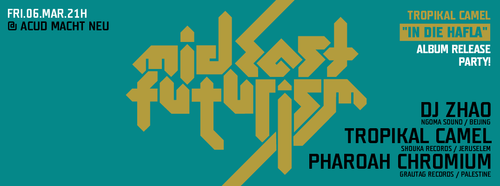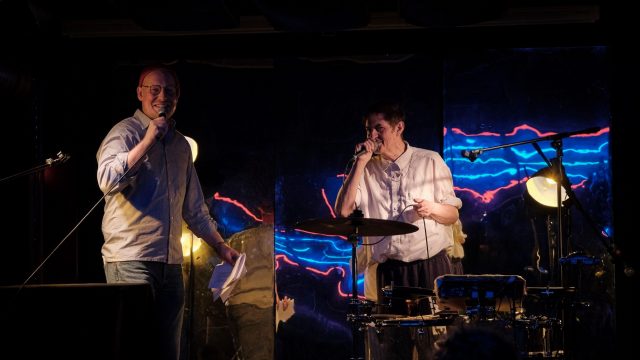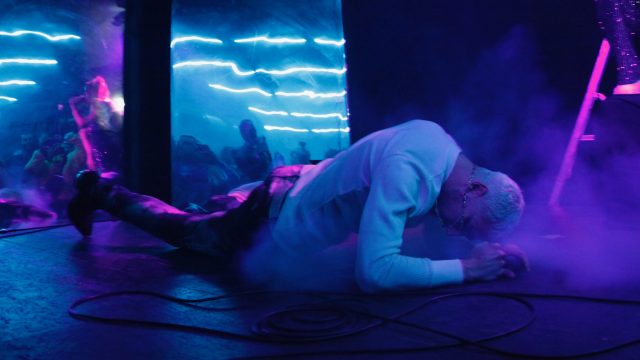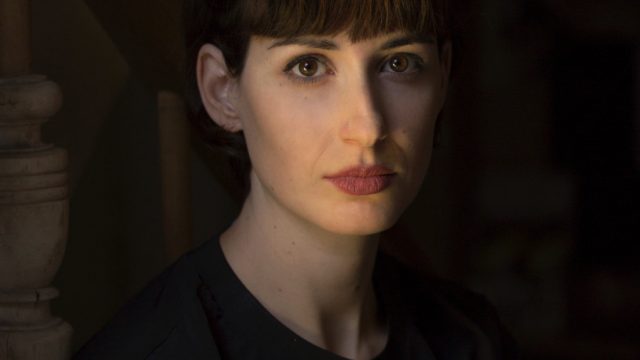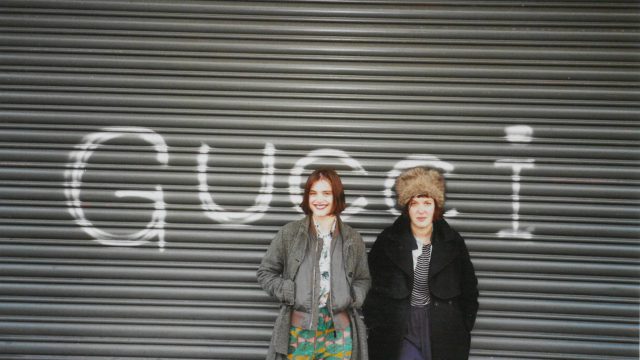MIDEAST FUTURISM with
TROPIKAL CAMEL (Live)
PHAROAH CHROMIUM (Live)
DJ ZHAO
rsvp on facebook
“All over the Middle East rises new musical movements channelling the future into the roots of Arabic music. New genres emerge as electronic sounds meet distorted Arabic percussion, uplifting bass mixes with hypnotic Debka synthesizers, hard hip hop confronts chopped belly dance samples, high pitched Mawal vocals over rough drum loops. These movements live in the deep dark basements of Beirut and Ramallah, Rabat and Istanbul, and in the Arab diaspora all around Europe, with musicians discovering their homeland culture. A way to (re)discover cultural identity and create new identities, these movements also reflect social change, and the wish of young Arabs to integrate into western traditions and still keep the their unique culture, taking pride in their heritage but also pushing it beyond, into the future. Arabic music is descent of distinct tribal cultures, from the Dvol drums of Kurdistan to the Berber music of Morocco, these forms travel through time and space, into oscillators and drums machines, creating bold new forms today – MIDEAST FUTURISM.” – Leo Zhao
DJ Zhao is the man behind Mideast Futurism, a Party that focuses on Sufi-Bass, Bedouin Noise, Berber-Tech, Electro-Chaabi, and Dabke-Club. And blurs the lines between East and West. We asked him a couple of questions leading up to the Event on Friday which celebrates “in Die Hafla” – the first release of Rocky B’s project The Tropikal Camel on Folcore Recordings.
What does MIDEAST FUTURISM stand for exactly? The name implies a break with traditions and also a certain coldness through machinery – how does that fit with arabic music, which is often perceived as mostly analog and warm?
As we have realized since misguided early 20th Century episodes of self deception from where the term “Futurism” comes, a clean, or perhaps any kind of, break with history is quite impossible (those deluded Italian Futurists were of course continuing pictorial and aesthetic traditions even as they imagined themselves to be totally destroying history). So in light of this, Mid East Futurism is a more enlightened Futurism, one which builds on the fantastic musical forms and methods of North Afrikan and Middle Eastern traditions. Machines can be very warm, but there is certainly a coldness and darkness in Arabic music: icy flutes, hard edged rhythms, and stern darbuqa drums… and nearly everything is in psychoactive “minor keys”, somber and foreboding. MidEast Futurism is also about revealing the “futuristic” qualities contained in traditional music — minimalistic, driving rhythms, advanced arrangement of sounds that are very much related to modern dance music.
Who is Rocky B?
Rocky B is a mysterious producer, MC, and boxing champ from an illustrious lineage of Moorish conquerers, whose Moroccan ancestors have, since the Islamic Empire which ruled Western Europe for 800 years, taken root on disparate shores such as Iraq, Yemen, Spain, Israel, and Austria. Rocky B is a nomad, a force of nature, a fearless sonic adventurer born of fire and conflict.
Where is this movement taking place geographically?
MidEast Futurism is as decentralized and hydra-headed as the Kurdish Peshmerga (پێشمەرگە) guerilla organizations waging all out war against ISIS. Multiple hybridizations developing out of local heritage form a field of non-hierarchical relationships, with temporary and ever shifting entry and exit points: a complex latticework of home grown innovation. Most of the people making music that can be loosely described as MidEast Futurism are entirely underground, such as the Dubstep scene in Istanbul, or the various nodes of diasporic creativity scattered all over the globe. But we also have of course more visible electronic music from the Middle East such as the Electro Chaabi of Egypt, or the super infectious grooves of modern Dabke from Syria, Lebanon, Jordan, and Palestine.
What’s Berber Tech, Electro-Chaabi and Dabke-Club is?
Berber music traditions from the Sahara regions are ancient and wide ranging. 21st century interpretations of Berber styles such as Acid Gnawa evolves out of Morocco and Algeria, and connects with various kinds of Electronic music that Berliners know and love. Electro Chaabi is a contemporary update of traditional Egyptian dance and party music popular at weddings, with elements of Electro, Trap, and even Juke/Footwork, as well as often radical revolutionary political messages. Dabke Club describes the recontextualization of this folk form popular all over Arabia, traditionally accompanying circle and line dancing, in Urban clubs.
Can you recommend some artists we should watch out for? Maybe a Top 5 Youtube playlist?
1. MuslimGauze – Every Grain Of Palestinian Sand
2. Sarantis – Karami
3. Fatima Al Qadiri – Hydra
4. الشعب يريد 5 جنيه رصيد
5. Islam Chipsy – Egyptian Local music 8bit
Interview: Michael Aniser
